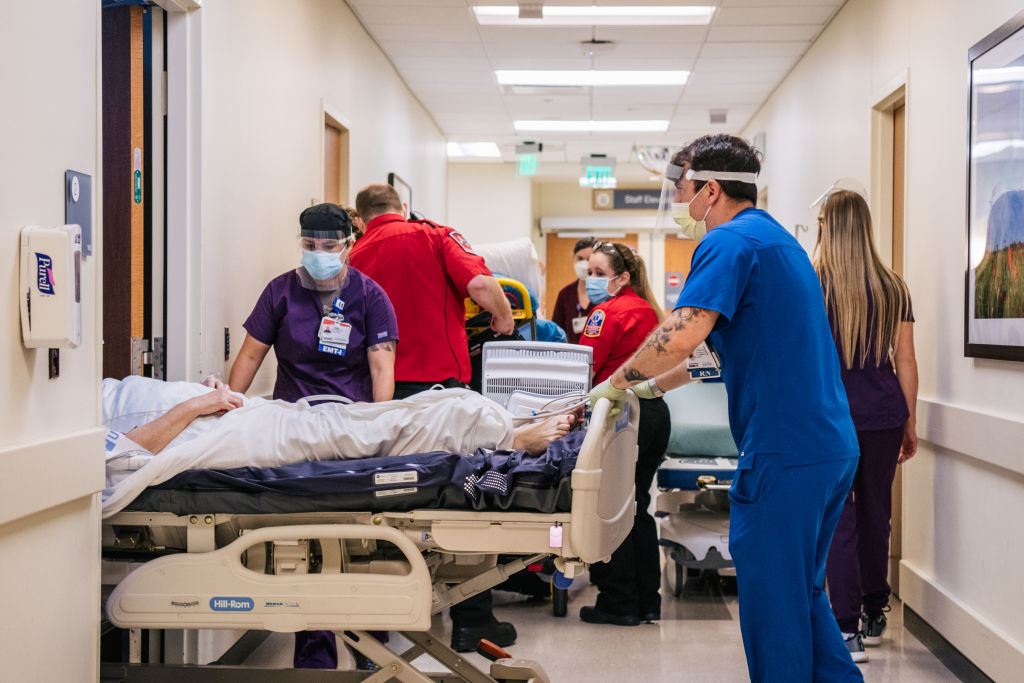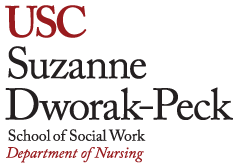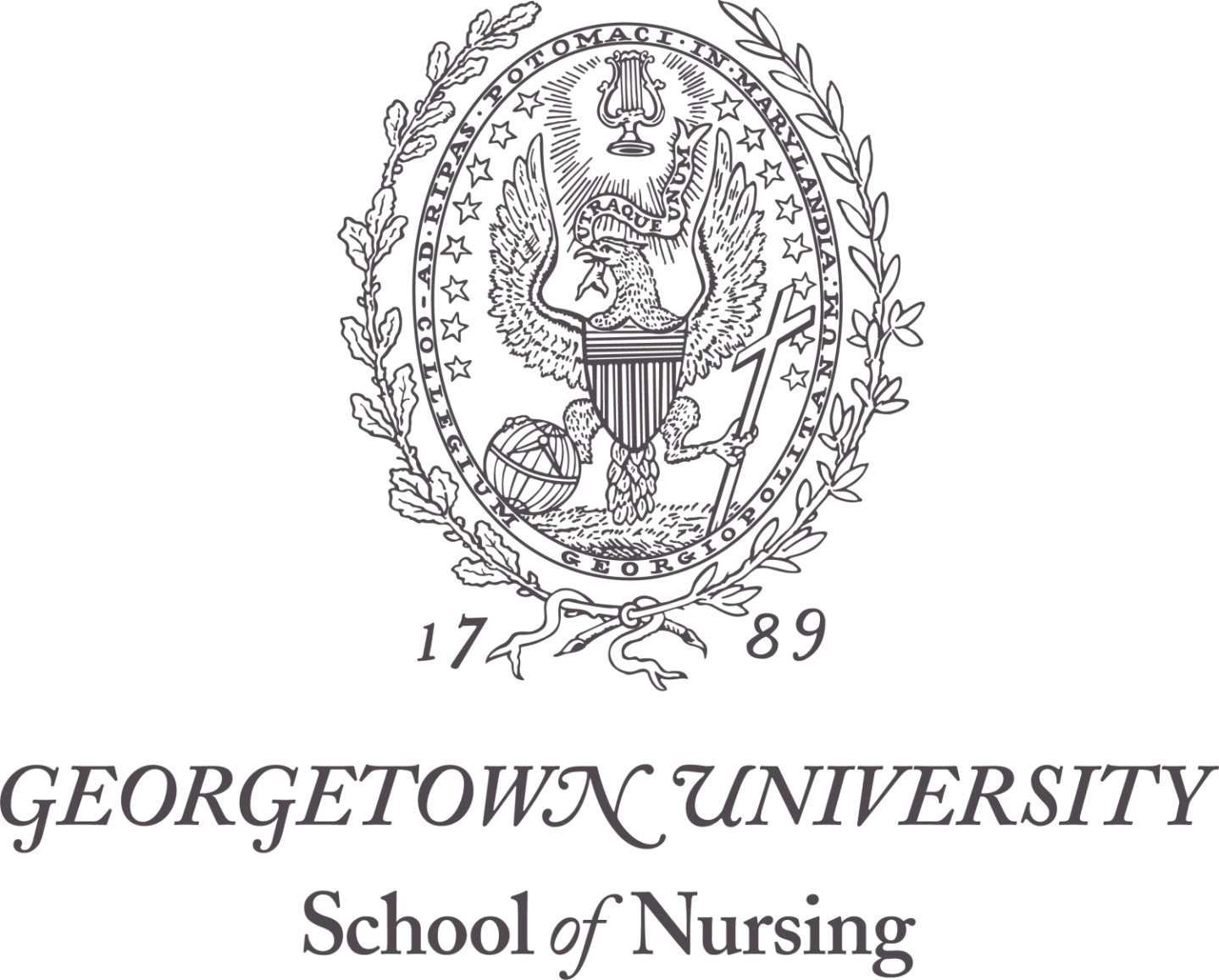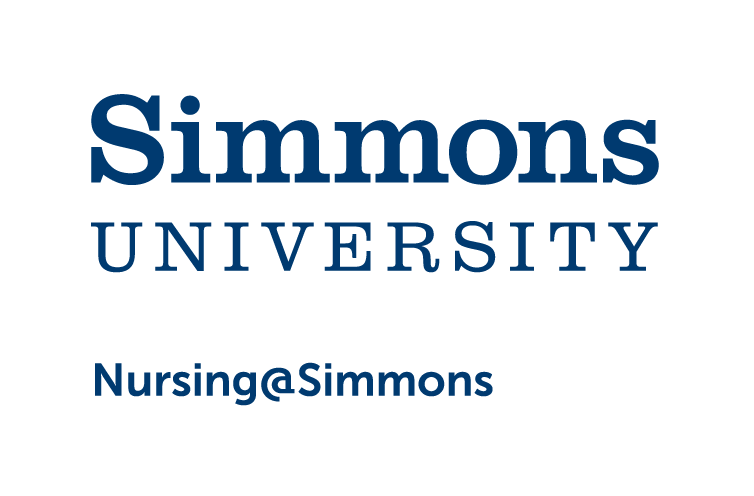Advanced practice nurses are among the most sought after professionals in the U.S., with jobs for nurse practitioners, nurse anesthetists, and nurse midwives—all of which require a master’s degree in nursing (MSN) or higher—expected to grow 40% between 2021 and 2031, according to the U.S. Bureau of Labor Statistics.
The demand for nurse practitioners is particularly steep, with 112,700 jobs expected to be added to the economy by 2031—a 46% increase. The number of licensed nurse practitioners surpassed 355,000 in April 2022, a 9% increase from the prior year, according to figures from the American Association of Nurse Practitioners (AANP). Salaries reflect this demand, with nurse practitioners in California earning average annual pay of more than $150,000.
How are nursing schools addressing this demand? And what will be required from the next generation of nurse practitioners? Fortune spoke with Debora Dole, vice dean of academic affairs at the top-ranked Georgetown University School of Nursing, to learn how nursing schools are trying to keep up with the demand for this fast-growing medical career.
Different demands make for different nurse practitioner specialty tracks
Albeit a rewarding profession, becoming a nurse practitioner is no simple feat. Earning a nurse practitioner license usually involves earning a bachelor’s degree in the field first, although nurses with an associate’s degree can seek out an RN to MSN program. After earning a bachelor’s degree, graduates must pass the National Council Licensure Examination (NCLEX) and apply for a Registered Nurse (RN) license.
The next step is to apply to a master’s or doctorate degree nursing program, which typically includes picking a specialty track. A nurse practitioner’s specialty dictates what population they will primarily serve, and each population has its unique demands. Among the common tracks offered in MSN nurse practitioner programs are family nurse practitioner (FNP), adult-gerontology nurse practitioner (A-GNP), and women’s health nurse practitioner (WHNP).
“I think all the tracks have their own utility,” Dole says. “In the case of family nurse practitioners, there is a huge need for more primary care providers, physicians, and nurse practitioners—especially in rural areas or in underserved areas—so making sure that you can offer primary care at the community level is a huge concern.”
There is also steep demand for advanced nurses specializing in adult-gerontology as the population of older adults with acute, chronic, and critical conditions increases. Demand for nurse practitioners specializing in women’s health continues to increase, as well. For decades, the maternal mortality rate continued to decline—but it’s been rising for about the past 20 years, according to the Commonwealth Fund.
More women’s health nurse practitioners and nurse midwives are needed to address maternal mortality, which is “horrendous” in the United States, Dole explains. Being able to meet that demand means nurse midwives are also primary care providers for women and childbearing individuals, she adds.
The path to becoming a nurse practitioner is changing
In response to an endorsement by the National Organization of Nurse Practitioner Faculties (NONPF) to set a doctorate in nursing (DNP) as the new entry-level nurse practitioner education standard by 2025, nursing schools are preparing to amend their program structures to meet the new requirement.
The reason DNPs are becoming the new entry-level degree for nurse practitioners has to do with the demand for high-quality care across all health settings. DNP programs are focused on bringing nurses’ capabilities to the same standard as professionals like physicians and physical therapists.
“Now there are an increasing number of programs that are moving to the DNP because of this mandate,” Dole says.“But, the master’s degree isn’t going away anytime soon, as there are quite a number of programs out there that are master’s level.”
Nurse practitioners are required to have an understanding of the use of data analysis in treating patients, policy, ethical and legal issues, and economics—which are typically highlighted in DNP programs. According to the AANP, research repeatedly shows that NPs provide care that is safe, effective, patient-centered, efficient, equitable, evidence-based, and often the same in quality as that of physicians.
“The reason is not that nurse practitioners practice better—it’s the mode in which they practice,” Dole says. “The ideal situation is that you have a practice that includes a physician, the nurse practitioner, and a midwife—if you need a midwife—that can provide the full range of expertise.“
Distance learning helps meet different types of demand
Some prospective nursing students fear online MSN programs won’t give them opportunities to network and assist in placement for their clinical hour requirements. To address this obstacle, nursing schools like Georgetown has built relationships with sites across the U.S. that align with whatever the program requires.
“In many cases, students stay in the same clinical location because they’re able to meet those competencies across their clinical sequence,” Dole says.
Georgetown’s distance program consists of weekly classes facilitated by the faculty, as well as on-campus visits for clinical intensive sessions ahead of their clinical rotation. The number of clinical intensives students must attend depends on the specialty program.
Clinical hour requirements vary across specialty programs, as well. The master’s in nursing family nurse practitioner program requires a minimum of 650 clinical hours, while the master’s in nursing women’s health nurse practitioner requires at least 1,000 hours.
“If you have a student that gets 600 clinical hours and they’ve not been able to demonstrate competency in any one area, then they’re not allowed to progress,” Dole says. “So, a development plan is put in place until that student is able to demonstrate competency.”
And this model seems to be effective: the school has a 95% to 99% first-time pass rate on any of the certification exams across the nurse practitioner specializations.
“I think you can argue the benefit to having a distance program is that your students can come from anywhere and they go back to their communities, and they get a Georgetown education, complete with Georgetown values,” Dole says. “Our faculty also are located all over the United States, but they come together on campus multiple times over the years—so in my view, it’s the best of all worlds.”
See how the schools you’re considering fared in Fortune’s rankings of the best master’s degree programs in data science (in-person and online), nursing, computer science, cybersecurity, psychology, public health, and business analytics, as well as the doctorate in education programs MBA programs (part-time, executive, full-time, and online).








